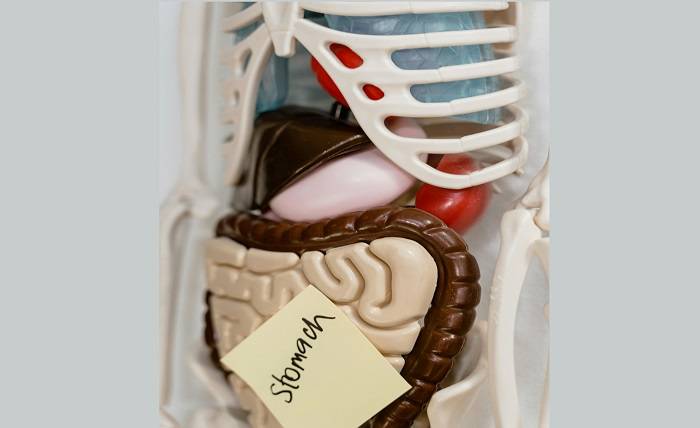Digestive health plays a vital role in overall well-being, influencing everything from energy levels and immune function to mood and nutrient absorption. A properly functioning digestive system ensures that the body can break down food efficiently, absorb essential nutrients, and eliminate waste effectively. Yet, many people overlook the importance of maintaining gut health until discomfort or illness arises. Understanding the basics of digestion and how to support it can lead to lasting improvements in quality of life. Here are five essential facts that everyone should know about digestive health.
The Gut Is Central to Immune Function
Approximately 70% of the body’s immune system resides in the gut. The gastrointestinal tract is lined with immune cells that help identify and neutralize harmful pathogens. A balanced gut microbiome composed of trillions of bacteria plays a key role in regulating immune responses and preventing inflammation. When the microbiome is disrupted by poor diet, stress, or antibiotics, immune function can suffer. Supporting gut health with fiber-rich foods, probiotics, and hydration helps maintain a strong immune defense and reduces the risk of chronic illness.
Fiber Is Crucial for Digestive Efficiency
Dietary fiber is essential for keeping the digestive system running smoothly. It adds bulk to stool, promotes regular bowel movements, and helps prevent constipation. Soluble fiber, found in oats, beans, and fruits, also supports healthy cholesterol levels and blood sugar control. Insoluble fiber, found in whole grains and vegetables, aids in moving waste through the intestines. Most adults fall short of the recommended daily intake of fiber, which can lead to sluggish digestion and discomfort. Incorporating a variety of fiber sources into meals is a simple yet powerful way to improve digestive health.
Stress Directly Affects Digestion
The connection between the brain and the gut is well established, often referred to as the gut-brain axis. Stress and anxiety can disrupt normal digestive processes, leading to symptoms such as bloating, cramping, and changes in bowel habits. Chronic stress may also contribute to conditions like irritable bowel syndrome (IBS) and acid reflux. Mindful practices such as deep breathing, meditation, and regular exercise can help regulate the nervous system and support digestive function. Recognizing the impact of emotional health on digestion is key to managing symptoms and promoting balance.
Gallstones Can Disrupt Digestive Flow
Gallstones are hardened deposits that form in the gallbladder and can interfere with the flow of bile, a substance essential for fat digestion. These stones may cause pain, nausea, and digestive distress, especially after eating fatty meals. While some people remain asymptomatic, others may require dietary changes or medical intervention. Understanding the causes, symptoms, and treatment options is important for managing this condition effectively. A comprehensive resource guide for gallstones can provide valuable insights into prevention strategies, dietary recommendations, and when to seek medical care.
Hydration Supports Every Stage of Digestion
Water is often overlooked in discussions about digestive health, yet it plays a critical role in every stage of the process. From saliva production to nutrient absorption and waste elimination, adequate hydration ensures that the digestive system functions efficiently. Dehydration can lead to constipation, reduced enzyme activity, and sluggish metabolism. Drinking water throughout the day, especially before and after meals, helps break down food and move it through the digestive tract. Herbal teas and water-rich foods like cucumbers and melons also contribute to hydration and digestive comfort.
Conclusion
Digestive health is a cornerstone of overall wellness, influencing everything from immunity and energy to mood and metabolism. By understanding key facts such as the role of fiber, the impact of stress, and the importance of hydration individuals can take proactive steps to support their gut. Whether managing a specific condition like gallstones or simply aiming for better daily comfort, informed choices make a meaningful difference. Prioritizing digestive health leads to a stronger, more resilient body and a greater sense of well-being.

